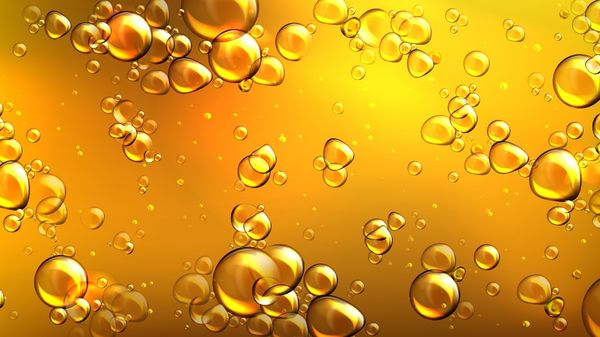Classification societies have a 'vital role' to play in protecting the marine environment and reducing the carbon footprint of shipping, according to Dr.
Hermann Klein, Chairman of the International Association of Classification Societies Ltd. (IACS) and a Member of the Management Board of Germanischer Lloyd AG.
Please find below a transcript of an interview carried out with Dr. Hermann J. Klein in the run up to SMM 2010, the world's leading ship building fair, due to be held in Hamburg from 7-10 September 2010.
Dr. Klein, environmental protection and climate change mitigation are very important issues today. What contribution can the classification societies make in these areas?
The classification societies have a vital role to play by giving technical advice to government authorities on environmental protection and cutting carbon emissions. Shipping is global, so we need globally uniform standards, which are discussed and adopted at political level at the International Maritime Organization (IMO) in London.
Current examples of IMO’s work include the Hong Kong International Convention for the Safe and Environmentally Sound Recycling of Ships, the International Convention for the Control and Management of Ship’s Ballast Water and Sediments, and successive toughening of limits to sulphur content in fuel oils. Political decision making in the IMO committees would simply not be possible without the technical expertise of the classification societies and other industry representatives.
It is up to each of the classification societies to launch initiatives for environmental protection and mitigation of climate change. Germanischer Lloyd, for example, has established itself as the classification society that has propagated “Energy efficiency and competitiveness of ships” for many years. We are now providing consulting services with our own company called FutureShip, showing shipping lines and shipyard clients how to improve efficiency and cost-effectiveness. The importance of maritime environmental protection at GL is shown by the exhaust gas laboratory which we have been operating for more than 25 years.
What does IACS believe still needs to be done for safety?
Safety continues to be critical. Shipping accidents keep on happening, mostly as a result of human error. There are a range of studies which show that some 80% of all ship collisions, groundings, fires and other disasters are due to human error. To put it in plain language, they are caused by lack of skill, by negligence and carelessness. Training of seamen is a matter for the relevant education and training organisations, and also for the shipping companies.
The ship’s classification society is one of the links in the chain of responsibility, which ends with the master of the vessel and the owner. Classification is basically a matter of ensuring high technical standards in design, production and building, maintenance and operation of ships, for the protection of life, property and the environment. The engineering design efforts have recently led to the new GL regulations for passenger ships and ferries. The “safe return to port” rules mean that ship design has to ensure safe return to port under the vessel’s own propulsion following defined damage, and minimise risk of fuel spills due to accidents. The reliability of the components installed is a subject that will certainly gain in importance in the future. For example, safety can be put at risk by use of counterfeit spare parts which do not comply with the usual standards.
What proposals does IACS have for simplification of the classification process, making it less expensive for shipyards, marine equipment suppliers, shipping lines and insurance companies?
The design of classification processes for improved cost effectiveness is an issue for the individual member companies. The International Association of Classification Societies has no powers in this respect – that would not be compatible with anti-trust law. The charges made by the classification societies correspond to the work involved in high-quality supervision of the build and regular inspection of the safety engineering standards of the vessel in operation. The costs for classification of a ship are normally less than 1% of the purchase cost of a ship. Further reduction in cost would ultimately be at the expense of safety.
The EU has initiated the Class Regulation, ensuring mutual recognition by European classification societies of each other’s certificates. This Regulation has to be applied in four years. How far has the process of mutual recognition progressed among IACS members?
IACS is the umbrella association of the internationally operating classification societies. The new EU Regulation addresses all classification societies recognised by the EU Commission. So IACS is not involved in this process. As a member of the Management Board of one of the classification societies concerned, I can tell you that a working group has been set up to develop procedures for mutual recognition of certificates in accordance with the criteria of the EU Regulation.
What ideas does IACS have on worldwide introduction of this mutual recognition of certification?
There are still some unanswered questions on the geographical application of the Regulation, between the EU Commission and various non-EU states. The issue of mutual recognition for all ships is a legal matter, which has not yet been clarified.










